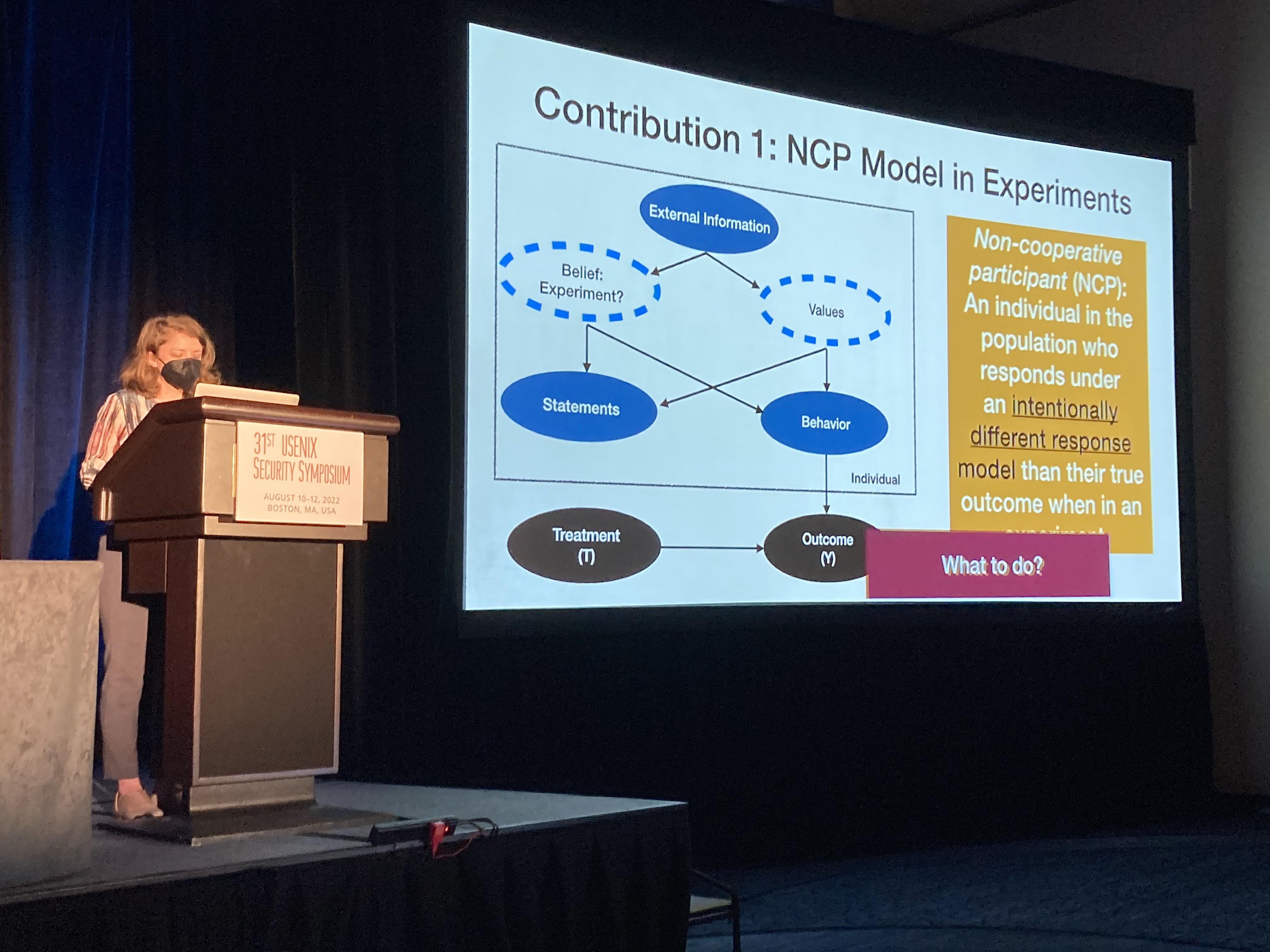Leaving UVM
In August 2022, after almost two years as a tenure-track Assistant Professor of Computer Science, I resigned from my position at the University of Vermont. This was not my preferred path, but something I felt I had to do in light of some family stressors and an increasingly untenable mismatch in values between me and my institution. Thus I joined my Millennial brethren in the Great Resignation.

